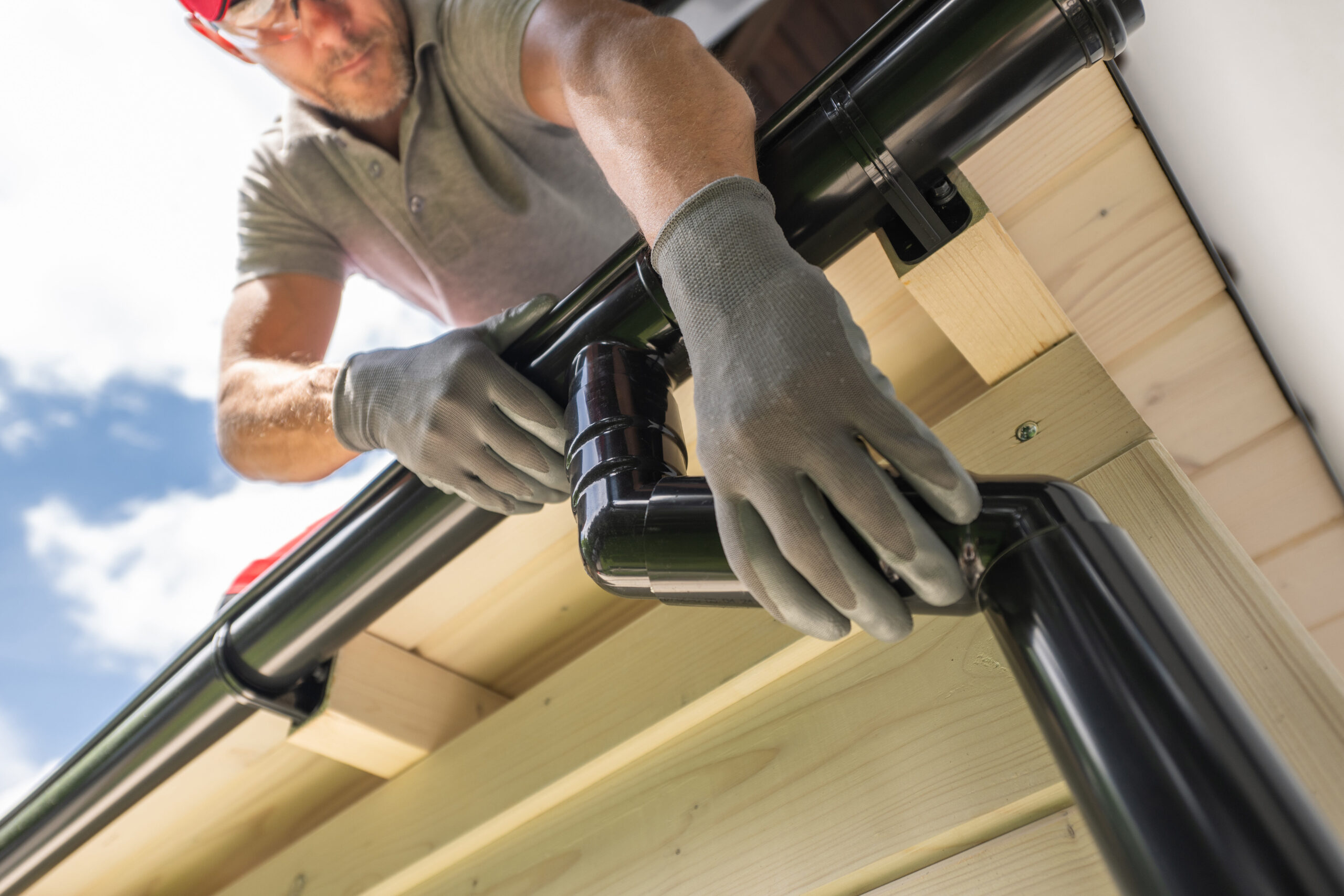Buying a home is a big milestone—but it’s not the end of the spending. Look into the lesser-known costs of owning a home and learn how to prepare your budget so you’re not caught off guard.
Property Taxes Add Up Quickly
When you’re shopping for a home, it’s easy to focus on the listing price and monthly mortgage payment. But property taxes are one of the biggest ongoing expenses homeowners face. These taxes vary by location and are often reassessed every year, which means your bill could go up over time.
If you’re unsure what to expect, online calculators from tools like Zillow can help estimate taxes based on your location. These payments are often included in your monthly mortgage through an escrow account, so it’s important to know how much they’ll affect your budget.
Insurance Isn’t Just a One-Time Purchase
Homeowners insurance protects your property from damage, theft, and disasters. Most mortgage lenders require it, and the cost can change depending on where you live, how much coverage you choose, and the age of your home. If you live in a high-risk area—like a flood zone or wildfire-prone region—you might also need special coverage.
It’s smart to shop around for the best rates every year or two. Websites like Kiplinger explain how bundled policies or raising your deductible could help save money while keeping you protected.
Maintenance Is a Constant Expense
Once you’re a homeowner, there’s no landlord to call when something breaks. From leaky faucets to full roof replacements, all maintenance and repairs fall on you. Experts often recommend setting aside 1% to 4% of your home’s value each year for upkeep.
To stay ahead, build a schedule for seasonal tasks like cleaning gutters or changing air filters. Preventative care can reduce the chance of larger, more expensive repairs later. The American Automobile Association provides a helpful checklist to keep track of ongoing maintenance responsibilities.
Utility Bills Can Be Higher Than Expected
If you’re moving from an apartment to a house, be prepared for higher utility bills. Heating and cooling a larger space, using more water for landscaping, or powering extra appliances all increase your monthly expenses. Older homes may also be less energy-efficient.
Making energy-saving upgrades like LED lighting, smart thermostats, and improved insulation can help. Energy Star offers tips on lowering energy use and identifying appliances that keep bills manageable.
Don’t Forget HOA Fees
If your home is in a neighborhood with a homeowners association (HOA), you’ll need to budget for monthly or annual fees. These cover services like landscaping, shared amenities, trash removal, and neighborhood maintenance. In some communities, they’re only a few hundred dollars a year—while others cost thousands.
Before buying a home with an HOA, ask what’s included, how often fees increase, and if there are rules that could affect how you use your property. The National Association of Realtors has guidance on understanding how HOAs work and what to ask before signing.
Appliances Wear Out
Many buyers assume appliances will last for years—but that’s not always the case. Dishwashers, washing machines, and ovens all have lifespans. If they break after you move in, you’ll be the one footing the bill for replacements.
Creating a small appliance fund can help cover these costs without putting stress on your regular budget. You can also look into home warranty plans, though it’s important to read the fine print to see what’s really covered.
Yard and Landscaping Costs
Curb appeal isn’t just for open houses. Once you own a home, you’re responsible for mowing the lawn, trimming trees, and keeping the outside in good shape. Whether you do it yourself or hire help, it’s another expense to plan for.
If you’re taking the DIY route, you may need to invest in tools and equipment like a lawnmower, trimmer, or rake. Seasonal tasks like leaf cleanup or snow removal can also add to the cost and time commitment.
Pest Control Isn’t Optional
Termites, rodents, and other pests can do serious damage to your home. Regular inspections and treatments are a smart investment, especially if you live in an area where these problems are common.
Some pest issues, like bed bugs or termites, require professional help and can cost hundreds or even thousands of dollars. Building pest prevention into your home maintenance budget can help avoid major surprises.
Emergency Expenses Can Happen Anytime
It’s a good idea to keep an emergency fund just for your home. Pipes can burst, roofs can leak, and electrical systems can fail. Having a cushion of three to six months’ worth of housing expenses makes it easier to handle emergencies without using credit cards or loans.
Resources from Mutual of Omaha offer insight into preparing for these types of expenses and building a realistic emergency savings plan.
Plan Now, Stress Less Later
Owning a home can be incredibly rewarding—but only if you plan for the full picture. By taking time to understand all the hidden costs, from taxes to appliances, you can build a realistic budget and avoid financial surprises. The key is preparation. Review your expenses regularly, set aside money for maintenance and emergencies, and shop smart for services like insurance or utilities. A well-maintained home is not only more comfortable—it’s more financially secure, too.
Sources:



